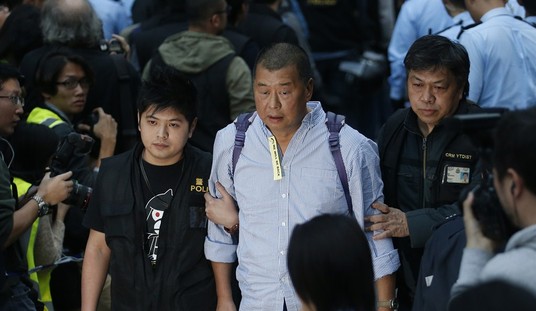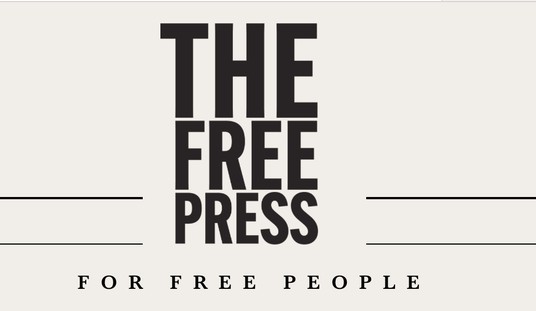Too bad, because an otherwise fascinating story about the scramble to build a counterterror apparatus after 9/11, the merits of coercive vs. non-coercive interrogation, and the stings that nailed Abu Zubaydah and KSM is going to be submerged in a debate over their decision to publish the lead interrogator’s name against his wishes and those of CIA chief Michael Hayden. Here’s the obligatory editor’s note justifying the decision. Quote:
After discussion with agency officials and a lawyer for [the interrogrator], the newspaper declined the request, noting that [the interrogator] had never worked under cover and that others involved in the campaign against Al Qaeda have been named in news stories and books. The editors judged that the name was necessary for the credibility and completeness of the article.
The Times’ policy is to withhold the name of a news subject only very rarely, most often in the case of victims of sexual assault or intelligence officers operating under cover.
Read the piece and you’ll see that credibility and completeness have nothing to do with it. It’s not a story about him; he’s just the springboard to explore the themes I mentioned earlier. They could have as easily used his initials, an alias, or no name at all and the article wouldn’t suffer a bit. As for credibility, that’s easy: Just make a deal with Hayden that in return for withholding the name he’d agree to go on record and vouch for the fact that the identity of the agent as known to the Times was correct. Did they even offer? Doesn’t sound like it. The real motive here in disclosing his name, quite obviously, is to avoid setting a precedent by which they’d feel obligated to withhold names every time a government agency asked them to. That’s fine in the abstract, but it can be handled on a case by case basis. If your subject is known to be an antagonist of some of the world’s most dangerous terrorists, and his former boss is telling you he has reason to believe it’d be better if his name wasn’t divulged, why not give him the benefit of the doubt?
Here’s a better question. The Times mentions in the story that the interrogator refused to be interviewed for it; everything in it is based on interviews with his colleagues — some of whom, do note, aren’t named. If he had cooperated and talked to them, would they have agreed not to identify him in return? There’s no way to tell but I suspect so, which makes the decision to name him essentially … punitive. Especially the gratuitous detail about who his current employer is and what he’s up to these days.
As I say, though, don’t let it stop you from reading the piece. The part about Poland being the 51st state is alone worth the price of admission. Exit quotation:
Mr. Mohammed, according to one former C.I.A. officer briefed on the sessions, “would go through these emotional cycles.”
“He’d be chatty, almost friendly,” the officer added. “He liked to debate. He got to the stage where he’d draw parallels between Christianity and Islam and say, ‘Can’t we get along?’ ”
By this account, [the interrogator] would reply to the man who had overseen the killing of nearly 3,000 people: “Isn’t it a little late for that?”
Update: Commenters in the Headlines item are comparing the Times’s stance here to its stance on Plame, but Plame was apparently undercover when her identity was leaked whereas the interrogator here was, allegedly, never covert. The objection isn’t that the Times published classified info; it’s that they published sensitive info, against the CIA’s wishes, for no apparent reason.







Join the conversation as a VIP Member